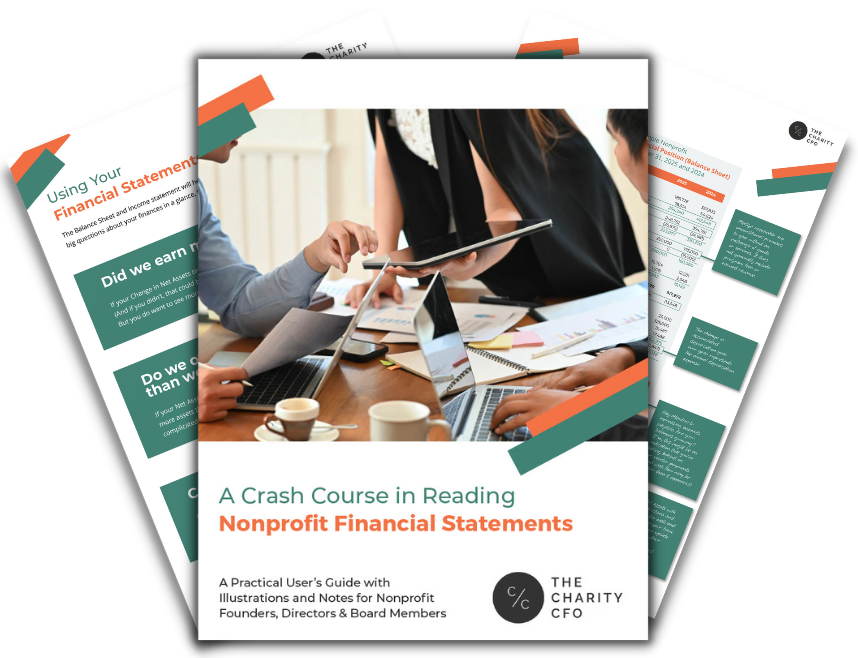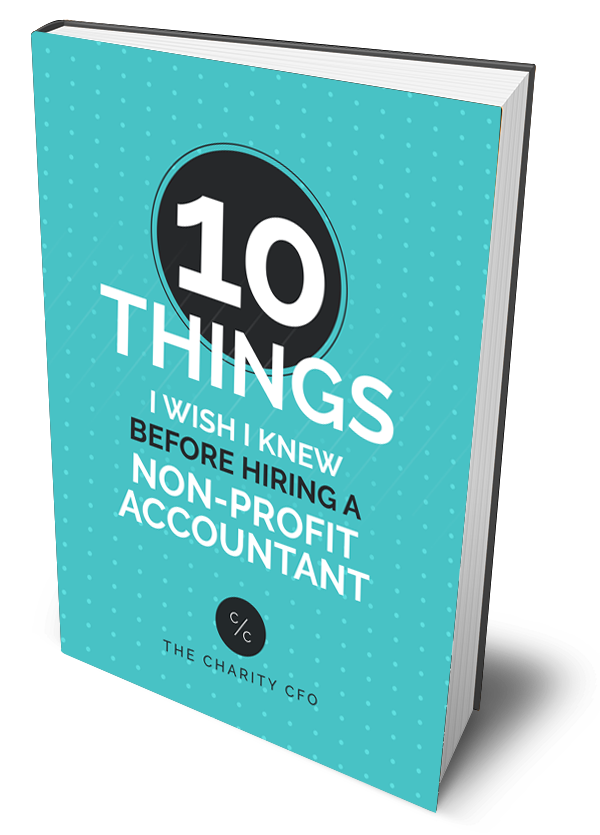Beyond your mission, you need two big things you need to start a nonprofit organization– money and paperwork.
Raising funds is critical to getting your project off the ground, but the paperwork can stand in your way– while the IRS says that 501(c)(3) applications can be approved in as little as 90 days, many organizations wait up to 18 months with their nonprofit application pending approval.
Can you start asking for donations while your 501(c)(3) application is pending?
The simple answer is yes, but it’s not without risks.
We’ll give you both sides of the story here below so you can make an educated decision on how to proceed.
The Case Against Fundraising With A Pending 501(c)(3) Application
While most donors believe in your cause, the tax benefit is a significant motivator when raising money. But while your 501(c)(3) application is pending, your organization is not yet officially a tax-exempt entity.
That means that your donors can’t yet claim a tax deduction for their donations to your organization (though they can in the future if your application is approved, see below).
And if your application is denied for any reason, it could stick your trailblazing donors with a big tax bill.
It may seem like the donor takes on most of the financial risk here. But keep in mind that your organization will be held accountable in the court of public opinion.
The Case For Raising Funds While Waiting For 501(c)(3) Approval
As long as your 501(c)(3) status is approved, the IRS will retroactively recognize your tax-exempt status. So your donors can receive a tax deduction for any donations they made on or after your date of incorporation.
If you’re confident that you meet all of the requirements for tax-exempt status, you may want to start raising the funding to fulfill your mission now.
If you decide to raise funds with a pending 501(c)(3) application, you should indicate on all communications (including solicitations and receipts) that your 501(c)(3) status is pending and at the discretion of the IRS.
Make it clear the donor accepts these risks by donating to your organization today:
- Individuals cannot claim a tax deduction on their return until the IRS officially grants your organization tax-exempt status. Therefore, they might have to file an amended tax return once your status is approved to claim the tax deductions.
- Private foundations may have to pay taxes on the contribution, since it qualifies as a taxable expenditure when given to a non-tax-exempt organization.
- Organizations may have bylaws or other policies that prohibit contributions to organizations without a 501(c)(3) designation.
(A caveat: If there is anything in your mission or application that even remotely resembles what the IRS would consider a “red flag,” you’ll probably want to wait for that rubber stamp.)
The Fiscal Sponsorship Alternative
If you’re unsure you want to risk fundraising in uncertainty, there is a safer option to receive tax-deductible contributions while you wait for approval of your application.
Fundraising Under a Fiscal Sponsor
A fiscal sponsor is a registered 501(c)(3) public charity that agrees to support your organization’s mission. In this case, they can receive donations on your behalf while your IRS Form 1023 is pending.
A fiscal sponsor uses their own tax-exempt status to ensure your donors can claim a tax deduction. Then they take a percentage of your donations as a service charge– as low as 5% but often more–and distribute the balance of the funds to your organization.
Setting up a fiscal sponsorship is a complex process, so if you choose this option, we recommend involving an attorney who is well-versed in this topic. There are even organizations with established fiscal sponsorship services that can make it easier for you to get started.
Depending on your circumstances, spending time and resources to find a fiscal sponsor may be well worth the trouble. Even some grantmaking foundations are willing to award funds to charitable organizations without 501(c)3 status as long as they have a fiscal sponsor.
Transparency matters most!
While your 501(c)(3) application is being processed, the most important thing is to be transparent with everyone involved.
Make sure your donors understand that their contributions may not be tax deductible for an unknown period of time — and perhaps not ever if the IRS denies your request. Or let them know why you’re working with a financial sponsor and how that will help you get your organization off the ground faster.
All of your communications should clearly state that your 501(c)3 designation is “pending” and that your tax-exempt status is “subject to the IRS’ discretion.” This phrasing assures potential donors that you have taken the appropriate steps to file your paperwork but that the final ruling is out of your hands.
You’ll need money to execute your mission– so go out there and do what you can to get it!

Do You Struggle to Make Sense of Your Financial Statements?
Get our FREE GUIDE to nonprofit financial reports, featuring illustrations, annotations, and insights to help you better understand your organization's finances.
Get the free guide!




0 Comments